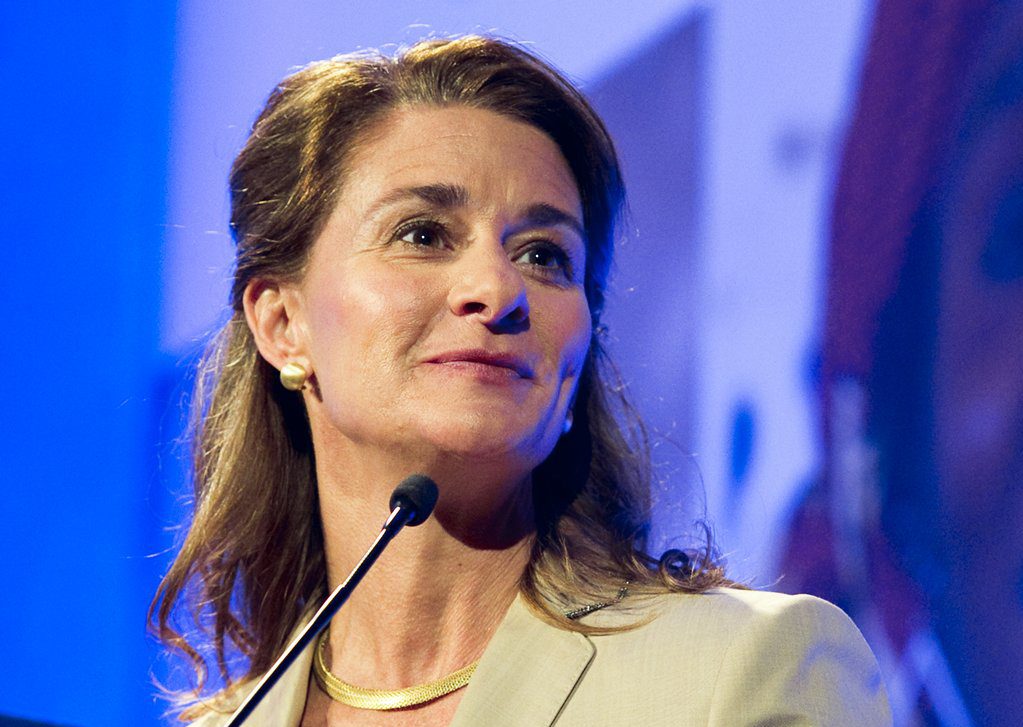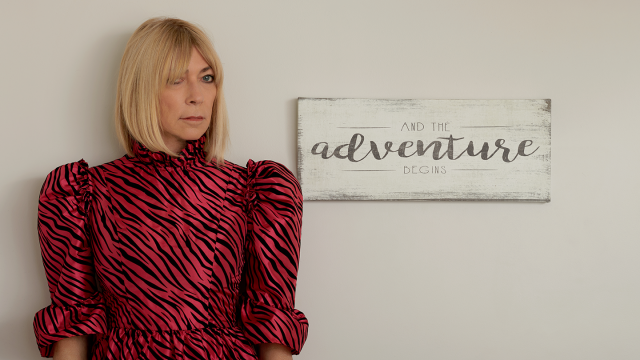As the co-chair of the Bill & Melinda Gates Foundation, Melinda Gates has a reputation as a world-renowned philanthropist. Through the foundation, which she and her husband, Microsoft co-founder Bill, established in 2000, Gates has provided educational scholarships, launched health programs and pushed initiatives for agricultural development around the world. Her efforts have been recognized with honorary doctorates from the University of Cambridge and Duke University, the French Legion of Honor medal, and the Presidential Medal of Freedom from President Barack Obama.
While her philanthropy work is expansive, over the past few years — and particularly after 2017 — Gates has been paying more attention to empowering women. In 2015, she created Pivotal Ventures, an executive office separate from the work of the Gates Foundation.
In 2016, when Gates spoke about her goals for Pivotal Ventures with Wired, she focused on the importance of supporting women in technology but stated that she was still in the process of gathering data and resources: “In anything we’ve done at the [Gates] foundation, we go through what I call a learning mode. That will sometimes be as much as two years, where we’re learning, collecting information, talking to lots of experts and looking at what research is out there.”
Based on Gates’ own writing and reflection, 2017 was an educational year on the kind of investment that might be necessary to empower women. For Yahoo Lifestyle, she created a list looking back on 2017, describing it as “the year our daughters will tell theirs about.”
In the same post, Gates wrote that 2017 reminded her of 1992, also known as “The Year of the Woman.” 1992 was the year Anita Hill testified about sexual harassment while working with now U.S. Supreme Court Justice Clarence Thomas, and when women galvanized to ultimately triple the number of female U.S. senators.









